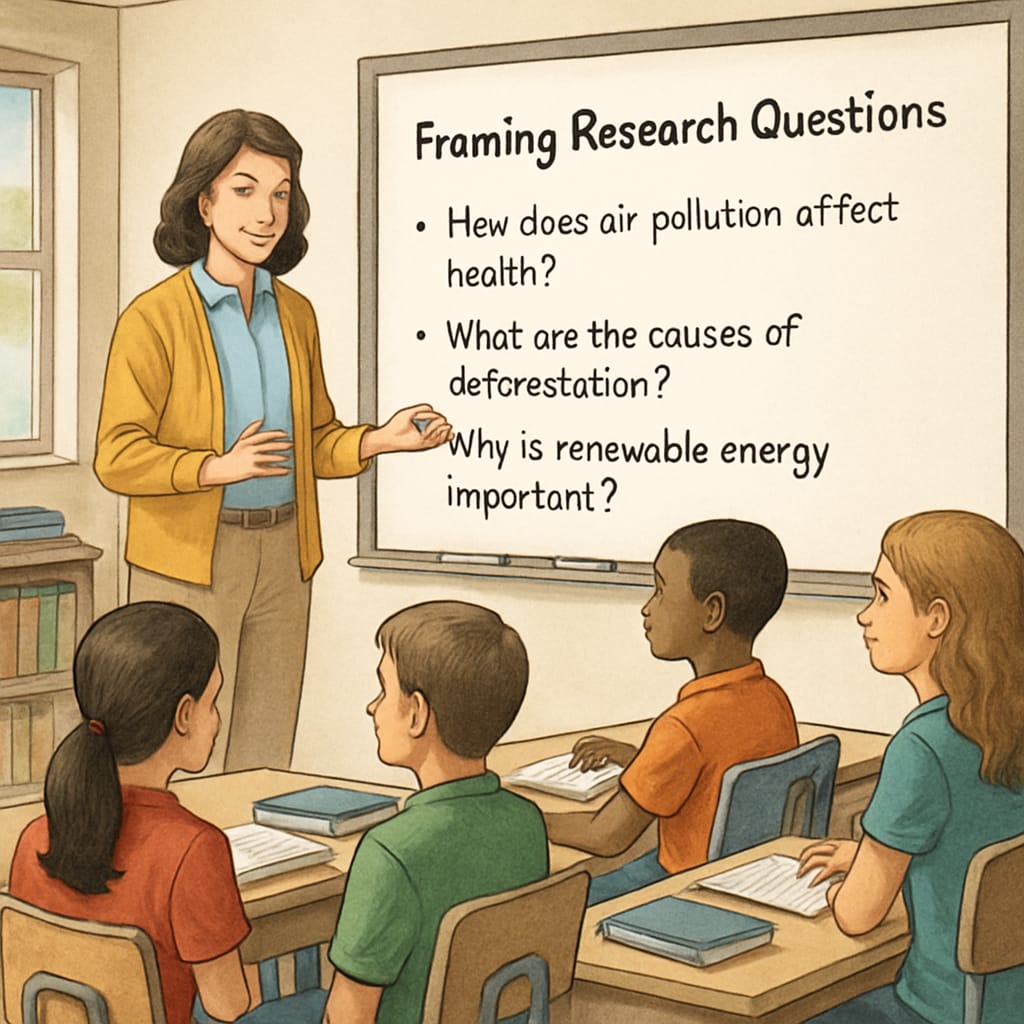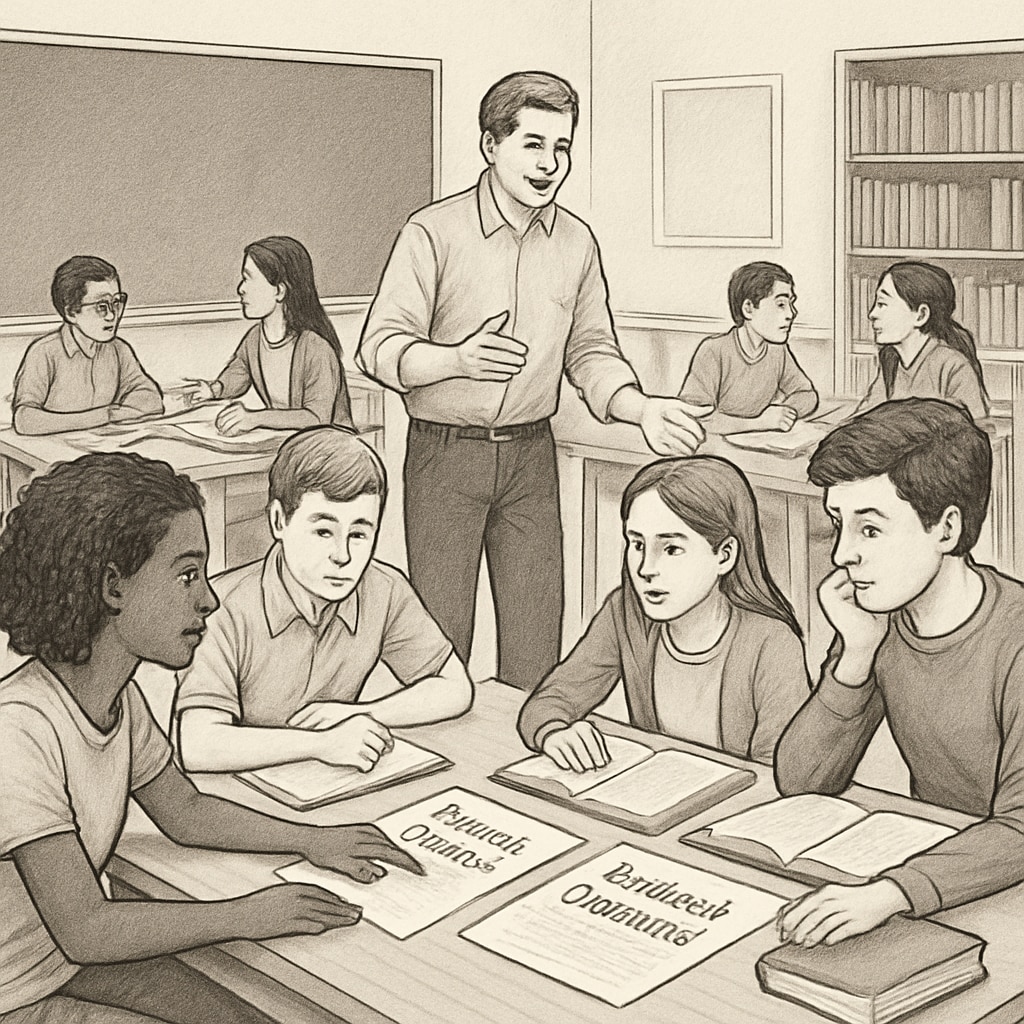In K12 education, the ability to formulate meaningful research questions is a foundational skill. Research question formulation plays a crucial role in fostering critical thinking and inquiry-based learning, helping students develop the tools needed for academic exploration and lifelong learning. By mastering this skill, both teachers and students can unlock a deeper understanding of the world around them.
The Importance of Research Questions in K12 Education
Research questions are the starting point of any academic inquiry. They guide the direction of investigation, provide focus, and help frame the scope of a project. In K12 education, teaching students how to craft strong research questions enables them to approach topics with curiosity and purpose, ultimately enhancing their analytical abilities.
For example, a well-designed research question encourages students to think critically about a subject rather than simply memorizing facts. Instead of asking, “What is climate change?” a more impactful question might be, “How does climate change affect ecosystems in different regions?” This shift promotes deeper exploration and engagement.

Methods for Developing Effective Research Questions
Creating effective research questions involves a blend of curiosity, specificity, and clarity. Here are several methods to help students in K12 education craft impactful inquiries:
- Start with broad concepts: Encourage students to begin with general ideas they are passionate about, such as environmental science or history, and narrow them down to a specific aspect they wish to explore.
- Use the “5 Ws and H” framework: Questions like “Who,” “What,” “Where,” “When,” “Why,” and “How” provide a structured way to approach research topics.
- Focus on open-ended questions: Closed questions yield simple yes/no answers, while open-ended ones spark detailed exploration. For instance, “What factors contribute to economic inequality?” invites analysis, comparison, and solution-finding.
- Encourage curiosity: Teachers can inspire students by framing questions that connect academic topics to real-world issues, making them more relatable and engaging.
In addition, educators can implement collaborative brainstorming sessions, where students share ideas and refine their questions with peer feedback. This approach fosters teamwork and critical evaluation of ideas.
Strategies for Teachers to Support Research Question Development
Teachers play a vital role in guiding students through the process of formulating research questions. Here are some strategies educators can use:
- Model the process: Demonstrate how to transform a broad idea into a focused research question. For instance, start with “technology in education” and refine it to “How does the use of tablets impact student engagement in middle school classrooms?”
- Ask guiding questions: Help students refine their ideas by asking probing questions that push them to think deeper, such as “Why is this topic important?” or “What are the potential challenges in researching this issue?”
- Provide examples: Show students examples of strong and weak research questions, explaining why certain questions lead to productive inquiry while others do not.
- Encourage reflection: Have students evaluate their own questions by asking whether they are clear, specific, and meaningful.

Conclusion: Empowering Students Through Inquiry
Mastering the art of research question formulation is essential for academic success in K12 education. By teaching students how to craft meaningful inquiries, educators can foster critical thinking, curiosity, and problem-solving skills that extend far beyond the classroom. As a result, students become more confident and capable in navigating complex topics, preparing them for higher education and the challenges of the modern world.
Teachers and students alike should embrace the process of exploring ideas, asking questions, and seeking answers. By doing so, they create a culture of inquiry and intellectual growth that lays the foundation for lifelong learning.
Readability guidance: The article includes short paragraphs, clear subheadings, and structured lists to improve readability. Transition words like “for example,” “as a result,” and “in addition” are used throughout to ensure smooth flow. Passive voice is minimized, and sentence length is kept within recommended limits.


